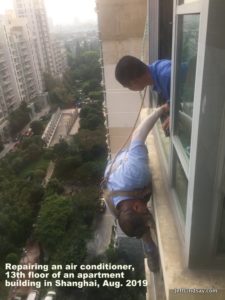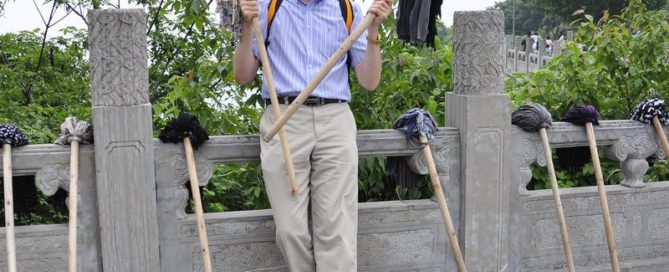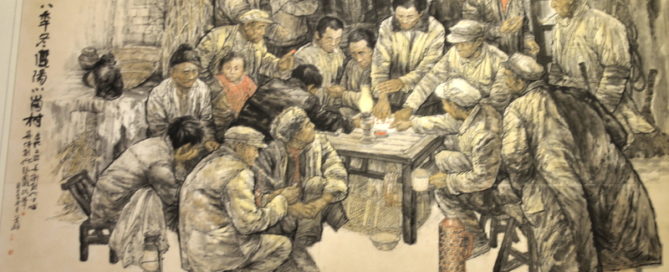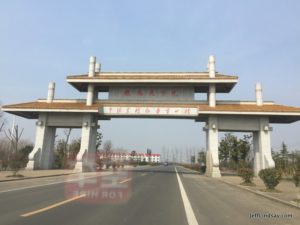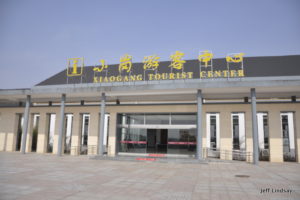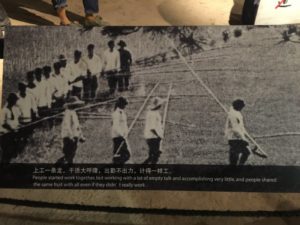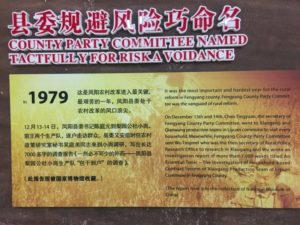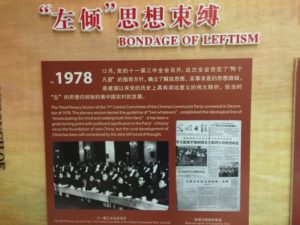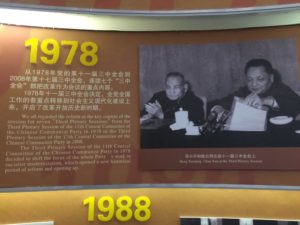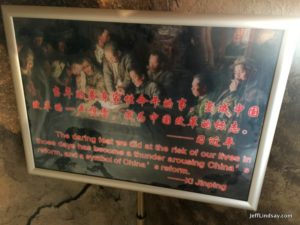Views on the Corona Virus Pandemic in China
As I write, I have been out of China for over 3 weeks and am past the incubation period for the dreaded Corona virus that has been sweeping China. We were away in Vietnam on a trip just before the Chinese New Year when the pandemic started looking serious, and were able to adapt our plans to stay out of China for a while. It has become a difficult place to be, even for those fortunate enough to avoid the virus.
We hope that the unprecedented efforts to contain the Corona virus in China will bring rapid containment, but the impact of the virus will also bring hardship to millions. The complete lockdown of many large cities like Wuhan can make life very difficult. Even in beautiful, modern metropolises like Shanghai and Hangzhou, where relatively few cases of the virus have occurred, life can be difficult. People coming home from travel, like two American friends of mine who just returned to Shanghai from Australia, or a European friend who just got back to Hangzhou from a visit in Shanghai, are finding that strict regulations make them prisoners in their own apartment as the government requires quarantine for travelers. That’s if you are lucky enough to get home at all — my friend in Hangzhou said that she got home just one day before a ban on travelers entering the city went into effect. I don’t know how accurate that is, so I’m just reporting what she understands.
In Shanghai, people returning on Sunday and hoping to start work on Monday are in for disappointment and frustration. It may be one or two weeks before they can go back to work, depending on local rules. After that quarantine period, apartment complexes will only allow you to leave once every other day. Martial law comes with much uncertainty and some hardship, but perhaps this is needed. But hats off to those with the wisdom to have stored basics like food and other supplies to be ready for a time of trouble. People aren’t going hungry as far as I know, but it’s probably much harder to get what you might be used to now.
One man in Shanghai desperately needed to get his new passport that was sent by DHL to Shanghai, but had not been delivered to him for a number of days because DHL was largely shut down due to virus fears. It was only by going to DHL offices and “crying” for hours in front of the building that he finally got the attention of workers there who dug into a pile of undelivered packages and found his passport, giving him time to get to the airport barely in time. Without that, he would have been in violation of Chinese law with an expired visa. You don’t want to violate visa rules!
Such accounts, though, may pale in comparison to the woes of those who are trapped in places they don’t belong, without resources and friends. Or even local Wuhan residents struggling with the challenges of living life under a lockdown with so much uncertainty, in spite of valiant efforts now to provide support and services. An American trapped in Wuhan did manage to get a seat on a plane out organized by the US government, but the problem was getting to the airport, some 30 miles away from his home. A few weeks ago that would have been easy: just take a taxi. But taxis in Wuhan have been shut down except for a handful dedicated to taking patients to the hospitals, but this requires a complex process of getting approval from the local government committees for each region of town and there’s no chance of getting a ride to the airport. With no feasible way to get to the airport, the man missed the flight and his seat was given to someone else. Fortunately, he had a second passport with Germany, and was able to get on the evacuation flight for Germany, a nation that kindly sent a bus to give German citizens rides to the airport. (Congratulation to those of you who recognize the many virtues of having a second passport. When things go crazy in your home country, it’s nice to have another option.)
In spite of China now going all out to contain the virus, there seems to be international anger toward China and the Chinese people. There are accusations that China did not act quickly enough or is not doing enough. Individual Chinese people are also experiencing blame and anger. Hotels, shops, and restaurants in some areas are turning away Chinese people. Rudeness and xenophobic hysteria abound. As I left Asia a few days ago, after a two-week virus-free exile in Vietnam before I began a business trip to the US for a research project in Minneapolis (I just love the University of Minnesota, by the way!), I read a front-page article in the New York Times on my flight from Hanoi to Seoul and was pained to see further evidence of the worldwide anger toward China. Motoko Rich’s Feb. 1-2, 2020 article, “Global Xenophobia Follows Virus.” See also MarketWatch’s “‘No Chinese allowed’: Racism and fear are now spreading along with the coronavirus” from Feb. 3. This is a tough time to be Chinese. The video below from a Chinese man in Florence, Italy reminds us of the humanity of those facing prejudice because a virus originated in their country.
Some say there’s a deja vu sense to this virus, which is causing so much hysteria around the globe. But there’s reason for the hysteria: the virus has left China, and now has killed people elsewhere in the world, including (as of Feb. 4) Hong Kong (1 death) and Philippines (1 death), etc., etc., etc., for a total of, well, three deaths so far outside of China. But in China, nearly 500 people have died, so the death toll is on its way to reaching that of the worldwide 2009 influenza pandemic with the H1N1 virus. Well, on its way to some degree, I suppose. The H1N1 virus that started in the Americas spread worldwide and ended up killing over 200,000 people (maybe as many as 500,000). Not 200, not 500, but over 200,000.
Do you recall the the draconian measures taken by the US government to contain that virus in 2009 and 2010? And do you remember the worldwide hostility toward North Americans for that North American virus? The shunning of all things American, the refusal to allow Americans to stay in hotels or enter restaurants, the locking down of New York, Miami, and LA? The martial law, the quarantines, the months of delayed school and the crushing of the US economy? The inability to fly, travel, or even leave your apartment? My memory must be fading, because I don’t remember any of that. I remember encouragement to get flu shots then and warnings about the virus, but not the massive, painful disruption of travel, work, school, and normal life, nor escalation in anti-American sentiment.
China is responding to the crisis by locking down many cities, stranding over 60 million people, with martial-law measures in many other cities with tough regulations forcing many to be quarantined and hindering travel, work, and normal life. There is also the cessation of much public transportation or blockades on roads in and out of many cities, the shutting down of thousands of tourist attractions, delayed operations for millions of employees, delayed school for millions, and so forth. Such extreme measures to contain this virus, and yet there is still international hysteria and blame. Outside of China, two have died, a few hundred are affected. It may get much worse, but right now, it’s noting compared to seasonal bouts of influenza and nothing close to our own H1N1 pandemic that generated hardly any hysteria and resulted in a government response that was not exactly aggressive (I’m not saying it should have been — I really don’t know what should have been done). My point is, do we really need to shun China and be angry at the Chinese people for this one?
Yet the virus has unusually dangerous characteristics and may merit the extreme measures to control it. I’m not sure. But I hope we’ll keep this in perspective relative to the thousands of deaths the US experiences every flu season from related though perhaps less severe viruses. And I pray that we’ll remember China and recognize the great burdens the Chinese people are bearing, and not add to their burdens unnecessarily. Keep China and the Chinese people in your prayers, and thanks to those who are taking steps to help rather than to blame.

